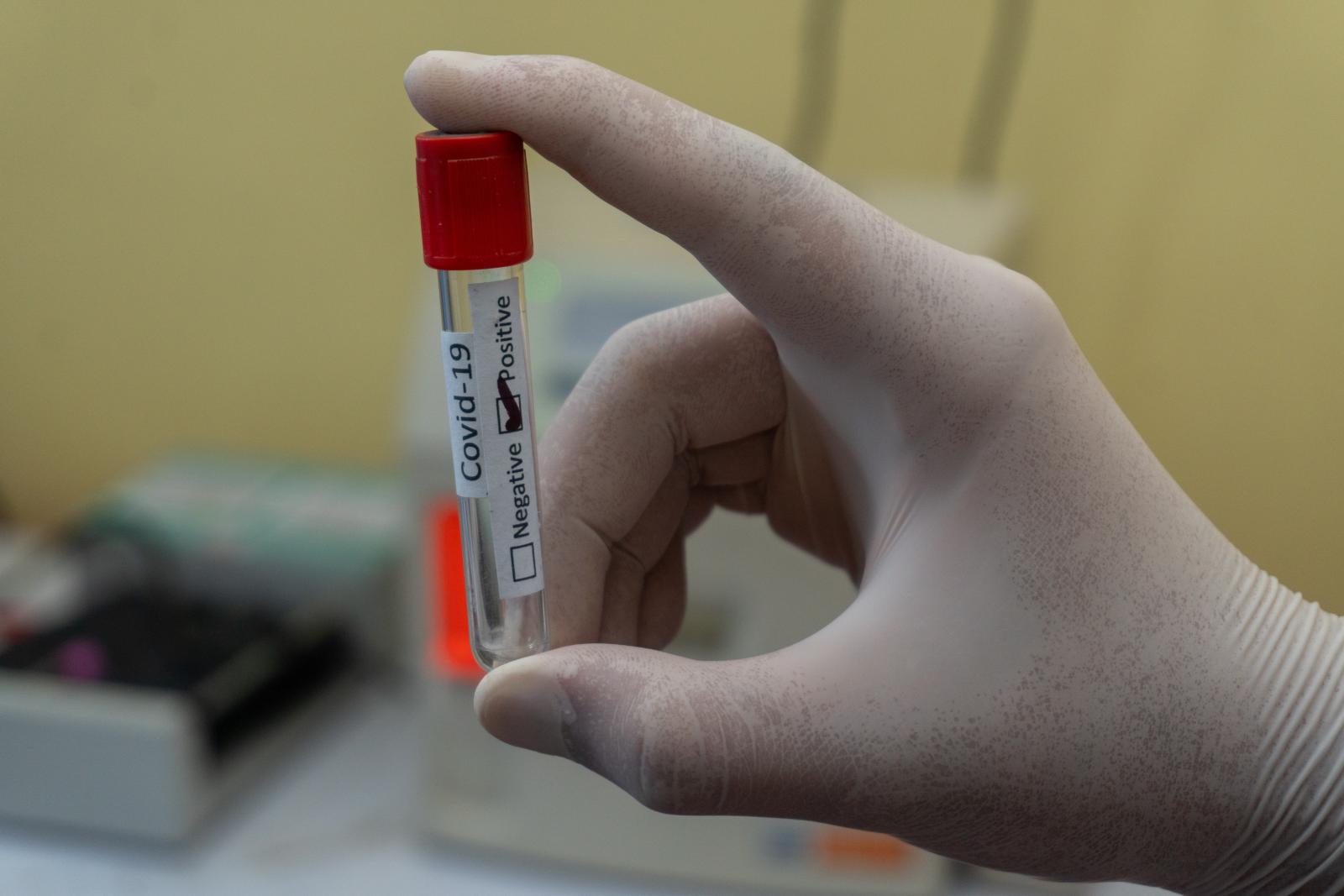It 's hard to describe my emotions during this 4 July 2012 when the discovery of the Higgs boson is being announced. For people like me who has been pursuing this goal for over 20 years, during these hours it was like living in a dream.
When, in the early '90s, a tiny group of physicists- I was among them - began to imagine CMS as the tool that would have allowed the discovery of the Higgs, a large part of the scientific community thought we were fools. The experiment was considered a sort of "mission impossible", the proposed technology did not exist and costs seemed prohibitive. In addition, suggesting this kind of delicate discoveries in the tremendously hostile environment of LHC high-energy collisions was considered by all as true madness. And indeed it took 20 years and the patient and painstaking work of thousands of people before the CMS was built and operative and then to analyze the data collected at LHC.They deserve all the credit for today's discovery.
Even greater is my satisfaction - and here I introduce a personal note - because as CMS Spokesperson in 2010-2011, together with my closest collaborators (among them another great Italian physicist, Gigi Rolandi, whom I had chosen as head of physics), we made the strategic decision to concentrate the best part of our human and material resources in the Higgs boson research. Here too, a risky move as just two years ago there were few physicists willing to bet that the LHC experiments could discover the Higgs boson. Especially when the machine in Geneva, after the 2008 incident, was operating only with half of the project's energy. Everybody thought we would not have had enough data and that the production cross sections at 7 TeV would not have been large enough to allow the extraction of a significant signal.
A third source of satisfaction comes from the fact that when we began reaping the fruits of this gigantic effort and in December 2011 I presented along with Fabiola Gianotti - Spokesperson of ATLAS - the first results, not many were convinced that these excess events that the two experiments had recorded near 125 GeV were the first evidence of the presence of the Higgs boson in our data. Now that 2012 data have strengthened and amplified those early signals, we can say beyond any reasonable doubt that we were right.
Today is therefore a great day for our field, that of high energy physics, and I think it's a great day for science in general. With the discovery of the Higgs boson, I am convinced, we are celebrating the triumph of the Standard Model of elementary particles and, simultaneously, perhaps we are expanding the field to a series of new questions .
Editor's Note: Guido Tonelli is a spokesperson emeritus of CMS


